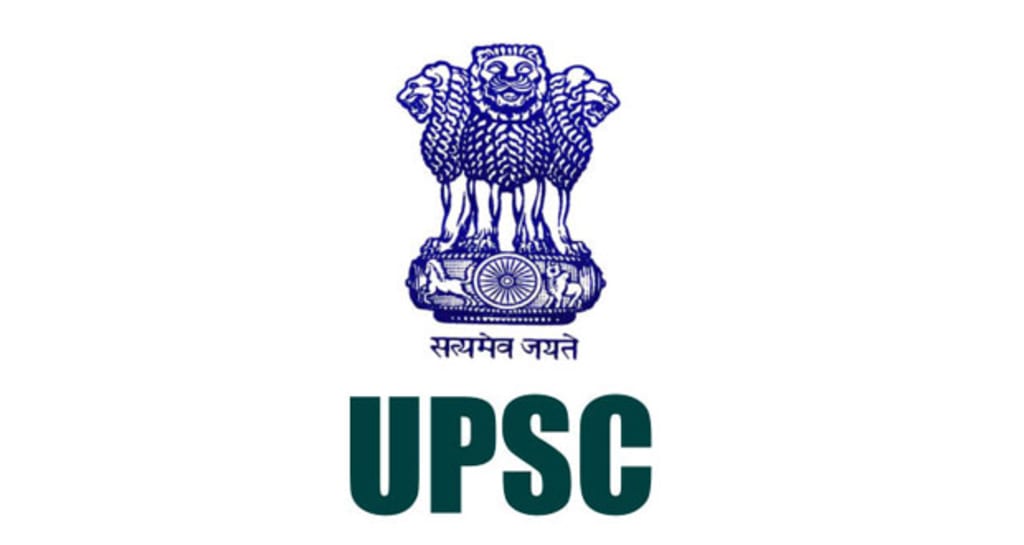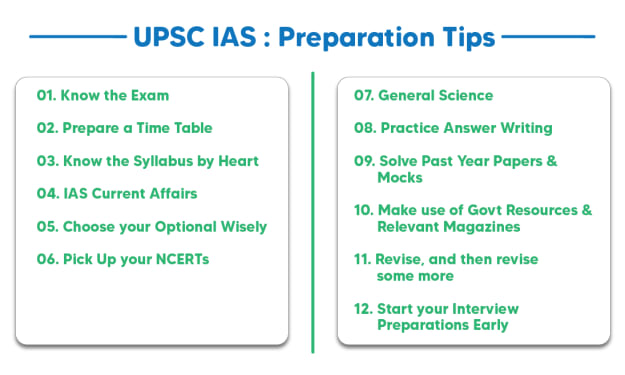UPSC Commerce & Accountancy Syllabus 2023
upsc commerce syllabus

UPSC Commerce & Accountancy optional subject consists of two Papers, viz, Paper 1 and Paper 2. Both the papers are of 250 marks each, making the entire optional subject reach 500 marks.
To ace, this subject one needs to be mindful of all the aspects present in the syllabus.
In order to take you in that direction, let me sequentially deliver the UPSC Commerce and Accountancy syllabus.
UPSC Commerce & Accountancy Syllabus Paper 1
I have listed the UPSC Commerce and Accountancy Syllabus Paper 1 below in a comprehensive manner. Get hold of the syllabus and initiate your mains preparation at the earliest.
However, before presenting you with the syllabus let me highlight for you the major heads of the syllabus.
Accounting, Taxation & Auditing
- Financial Accounting
- Cost Accounting
- Taxation
- Auditing
Financial Management, Financial Institutions & Markets
- Financial Management
- Financial Markets and Institutions
These are the heads, now read the following to know the details of these sections.
Financial Management, Financial Institutions and Markets
- Financial Management
- Financial Markets and Institutions
Accounting, Taxation & Auditing
1. Financing Accounting:
Accounting as a financial information system; Impact of behavioural sciences. Accounting Standards e.g., Accounting for Depreciation, Inventories, Research and Development Costs, Long-term Construction Contracts, Revenue Recognition, Fixed Assets, Contingencies, Foreign Exchange Transactions, Investments and Government Grants, Cash Flow Statements, Earnings per Share.
Accounting for Share Capital Transactions including Bonus Shares, Right Shares.
Employees Stock Option and Buy-Back of Securities.
Preparation and Presentation of Company Final Accounts.
Amalgamations, Absorption and Reconstruction of Companies.
2. Cost Accounting:
Nature and functions of cost accounting. Installation of Cost Accounting System. Cost Concepts related to Income Measurement, Profit Planning. Cost Control and Decision Making.
Methods of Costing: Job Costing, Process Costing, Activity Based Costing.
Volume-cost-Profit Relationship as a tool of Profit Planning.
Incremental Analysis/Differential Costing as a Tool of Pricing Decisions, Product Decisions, Make or Buy Decisions, Shut-Down Decisions etc.
Techniques of Cost Control and Cost Reduction: Budgeting as a Tool of Planning and Control. Standard Costing and Variance Analysis.
Responsibility Accounting and Divisional Performance Measurement.
3. Taxation:
Income Tax: Definitions. Basis of charge; Incomes which do not form part of total income. Simple problems of Computation of Income (of individuals only) under various heads, i.e., Salaries, Income from House Property, Profits and Gains from Business or Profession, Capital Gains, Income from other sources, Income of other Persons included in Assessee’s Total Income.
Set-off and Cary forward of Loss.
Deductions from Gross Total Income.
Salient Features/Provisions Related to VAT and Services Tax.
4. Auditing:
Company Audit: Audit related to Divisible Profits, Dividends, Special investigations, Tax audit.
Audit of Banking, Insurance, Non-Profit Organization and Charitable Societies/Trusts/Organizations.
UPSC Commerce & Accountancy Syllabus Paper 2
I have laid forth the syllabus of UPSC Commerce and Accountancy Paper 2 in detail. Browse the syllabus carefully and make a mental note of all the contents.
Organisation Theory and Behaviour
- Organisation Theory
- Organisation Behaviour
Human Resource Management and Industrial Relations
- Human Resource Management
- Industrial Relations
While I’ve given the breakdown of the entire syllabus, it is time to provide you the details of it.
Organisation Theory and Behaviour
- Organisation Theory
- Organisation Behaviour
Human Resources Management and Industrial Relations
1. Human Resources Management (HRM):
Meaning Nature and Scope of HRM, Human Resource Planning, Job Analysis, Job Description, Job Specification, Recruitment Process, Selection Process, Orientational and Placement, Training and Development Process, Performance Appraisal and 360° Feed Back, Salary and Wage Administration, Job Evaluation, Employee Welfare, Promotions, Transfers and Separations.
2. Industrial Relations (IR):
Meaning. Nature, Importance and Scope of IR, Formation of Trade Union, Trade Union Legislation, Trade Union Movement in India. Recognition of Trade Unions, Problems of Trade Unions in India. Impact of Liberalization on Trade Union Movement.
Nature of Industrial Disputes: Strikes and Lockouts, Causes of Disputes, Prevention and Settlement of Disputes.
Worker’s Participation in Management: Philosophy, Rationale, Present Day Status and Future Prospects.
Also check about: Commerce Optional Test Series
About the Creator
Anujjindal
Anujjindal.in focuses on providing high quality comprehensive course for various Government & Academic Exams like UPSC Management.






Comments
There are no comments for this story
Be the first to respond and start the conversation.